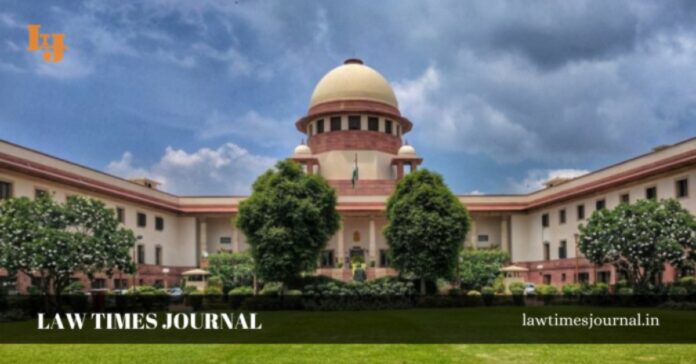
The Supreme Court on Tuesday observed that merely because treatment is not successful or a patient dies during surgery, is no ground to hold a medical professional negligently liable.
The bench consisting of Judges Hemant Gupta and AS Bopanna said that to show negligence, there should be available on record or else there should be sufficient medical evidence.
The court ruled that the principle of res ipsa loquitur could be applied when the alleged negligence was very clear and not based on perception.
In this case, the complainant’s wife, who was admitted to the hospital after being diagnosed with a kidney stone, died after undergoing surgery. Alleging medical negligence, the complainant approached the National Consumer Disputes Redressal Commission. The NCDRC held the Hospital and the doctor guilty of medical negligence and ordered the payment of Rupees Seventeen Lakhs with interest as compensation.
In the appeal, the bench noted that in this case, apart from the allegations made by the complainants before the NCDRC, there was no other medical evidence provided by the complainant that showed negligence on the part of the doctors.
“In all the cases where the treatment is ineffective or the patient dies during surgery, it cannot be automatically taken for granted that the professional was negligent. The negligence should be evident enough to apply the principle of res ipsa loquitur and should not be based on mere perception.” the court said.
The Court also noted that the District Magistrate’s investigation could not be considered as medical evidence for negligence on the part of the hospital or the doctor in the case of a second operation and the patient’s condition.





